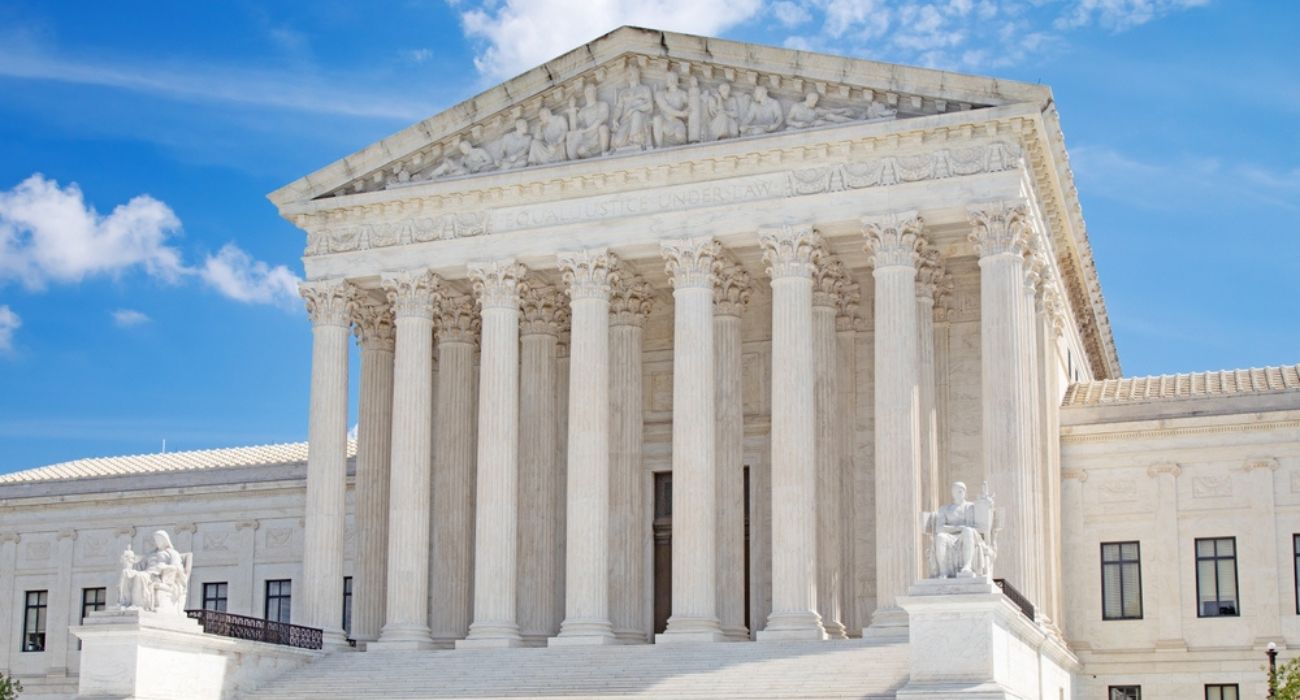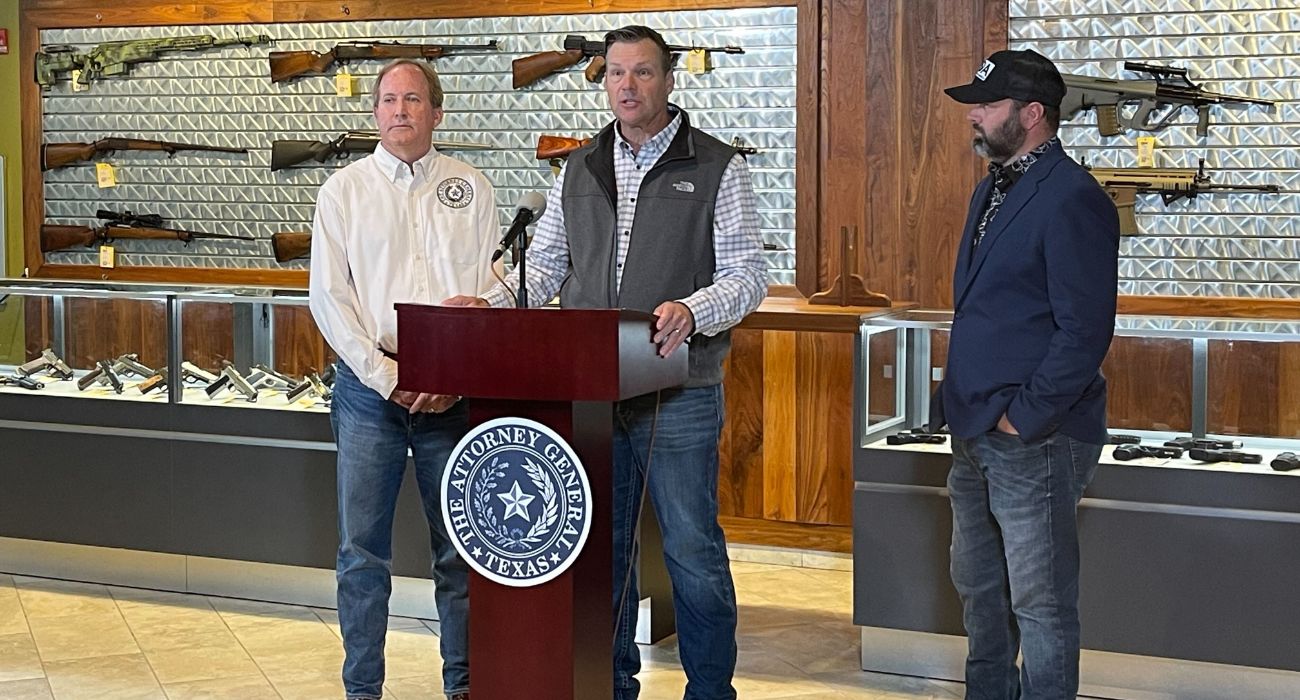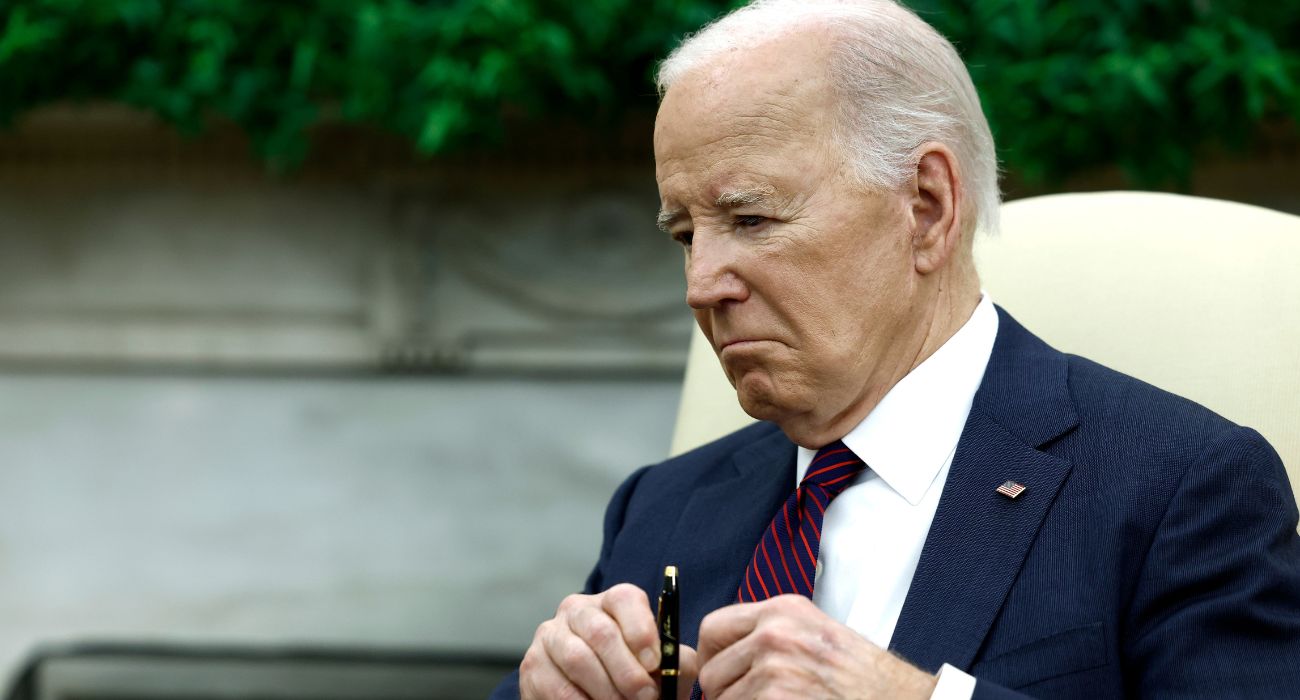Reports of misuse of settlement funds from drug manufacturers have led lawmakers to draft a bill to regulate how those funds can be spent.
Legislation brought by Reps. Marcy Kaptur (D-OH) and Ashley Hinson (R-IA), first reported by KFF Health News, seeks to ensure that the funds generated from a massive $50 billion settlement with opioid manufacturers are used to address the opioid crisis, not as a “piggybank for other projects.”
“As the opioids litigation settlements are determined, the federal government must assure Medicaid-related dollars are directed and allocated to explicitly fund efforts to curb this tragic crisis. This legislation would ensure accountability of the opioids settlement money recouped from big pharmaceutical companies and drug distributors and protect the funding from being used for other matters,” Kaptur said.
Nearly all states are receiving money from the fund that could exceed $1.5 billion annually over the next two decades, but just a handful have committed to transparency about how the funds are used. Some states are using the money to fund treatment and recovery programs, education, and other crisis-related activities. Some regions have drawn criticism for using the funds to purchase new police cars, body scanners for jails, and other law enforcement-related spending despite a lack of evidence that law enforcement reduces overdose deaths.
“The deadly opioid epidemic continues to devastate families and ravage communities – everyone knows someone who has been impacted by this tragic crisis. To make matters worse, settlement funds dispersed thus far have too often fallen short of addressing the opioid crisis, and guardrails and accountability are needed,” Hinson said about the goal of the bill.
About 100,000 people die every year from opioid overdoses. Those numbers are accelerating as cheaply made fentanyl continues to stream into the U.S. from China and over the southern border from Mexico. Fentanyl is a synthetic opioid that is much cheaper than common prescription painkillers and is highly addictive.
Critics of the bill state that it does not provide a mechanism of enforcement for its goals.
“What disappoints me is that it’s called the ‘Accountability Act,’ but nothing in there is about transparency,” said Dennis Cauchon, president of the nonprofit Harm Reduction Ohio, to KFF Health News. “Transparency is the most important lever.”
“If people can see how the money is spent, then you can influence it,” added Cauchon. Cauchon sued the organization tasked with distributing Ohio’s settlement funds before the state legislature added a provision in the budget to resolve the issue.
Advocates of the bill are calling on legislators to learn from the mistakes made with the multibillion-dollar settlement with tobacco companies. Tobacco companies are required to pay states annually as long as they continue to sell tobacco.
Initially, federally administered Medicare programs would have received funds, but the government ultimately turned all responsibility over to state administrators, a move many claim was a failure. Now, less than 5% of the tobacco settlement funds are used for smoking prevention and cessation programs.
Currently, the Office of National Drug Control Policy has no ability or legal right to administer oversight over how states use opioid settlement funds.






